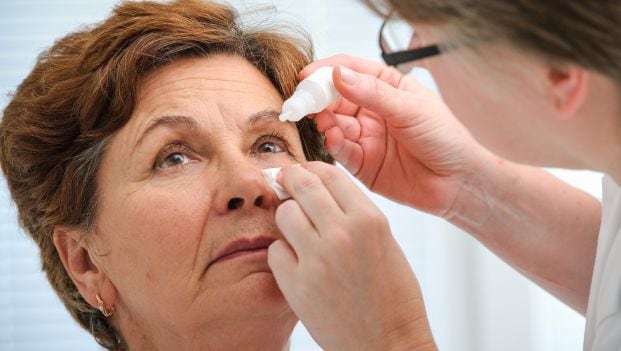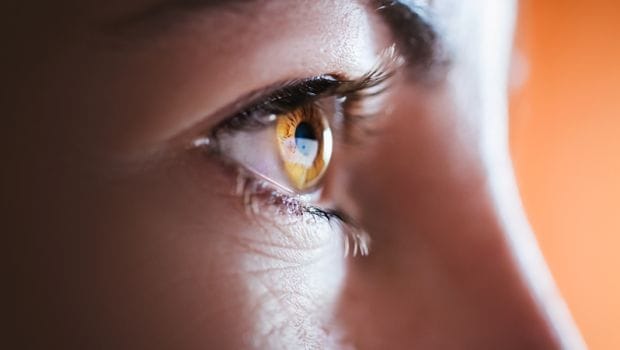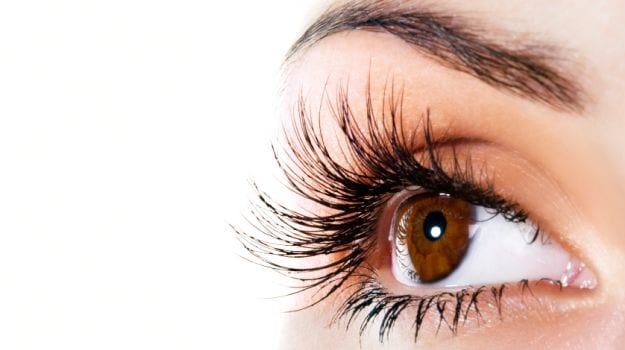There are various factors that contribute to this problem. They are as follows -
1. The rise in dust and pollination affects the eyes greatly, as they're completely naked and hence, exposed to the dirt and pollution all around. Dust mites also thrive in numbers during summer. Their residue can spread in the air and elicit an allergic response in the eyes. This can cause itching, redness, and a burning sensation.
2. Ultraviolet rays are known to be very harmful to human beings. They also affect the eyes in several ways. These UV Rays can lead to the formation of pterygium (a layer) on the surface of the eye, cataract, retina problems etc.
3. One of the main ways of eye infection spreading is conjunctivitis. Conjunctivitis can be spread if one comes in contact with a person with this infection. This is common in summers since people swim and interact with people with conjunctivitis and hence, there are more chances of it spreading.
4. The chances of infections spreading during summer is higher, and hence, people wearing contact lenses are more prone to them, because they need to be cleaned regularly.
5. Exposure to excessive heat also makes the eyes susceptible to a lot of diseases.
6. Due to exposure to all kinds of microorganisms including various kinds of bacteria, eye stye also becomes very common during these months.

How to Prevent Eye Infections
Eye infections are especially hard to avoid in a country like India which is excessively hot, and that's why doctors suggest the people take proper care of their eyes since it is a long known fact that prevention is better than cure.
There are various ways to protect your eyes from these unsolicited problems in the form of allergies and infections.
Dr. Parul M Sharma, a senior eye surgeon from Max Multi-Speciality Hospital, Gurgaon has listed out a few ways in which one can protect their eyes during these hot months and keep their problems at bay.
1. To avoid eye infections, wear sunglasses for outdoor activities, avoid touching or rubbing your eyes, do frequent eye wash with cold water, wear swimming goggles and make sure the pool you are using is being maintained well.
2. Keep the lids clean if you get recurrent stye. Scrub the eyelids with diluted baby shampoo on an ear bud, once a week to get rid of stye or use warm compress, local and oral antibiotics under medical supervision. Recurrent stye are also related to uncorrected refractive error and muscle weakness.
3. Itching and redness of eyes along with burning sensation are common too. Frequent washing of eyes, cold compress, wearing of protective eye glasses and eye drops under supervision of eye specialist will help in controlling the situation.
4. Harmful ultraviolet rays cause damage to the lens (cataract) and retina (macular degeneration) and can be avoided by using proper UV protective sunglasses. The sunglasses must be labelled to block 99% to 100% of UVA or UV400 (400 nm is the wavelength of UVA radiation). Wrap-around sunglasses are a good option, as they prevent lateral exposure. Poor quality eyewear is harmful; so invest in good quality eyewear. Polarized lenses are recommended for activities like skiing, surfing and diving. Polycarbonate lenses are impact resistant and shatter proof making them a very good option for children.
5. Daily cleaning of contact lens should be followed religiously, do not wear the lens for more than the recommended time and discard the lens within schedule time limit. One should not wear contact lens while swimming. Wear swimming goggles which protect the eyes from waterborne bacteria and swimming pool chemicals.

Dos and Don'ts for Eye Infection
Dr. Parul Sharma has also stated various Do's and Don'ts:
Do's
1. One must wash their hands with soap and sanitizer a couple times a day.
2. People should segregate themselves from infected persons, and should refrain from sharing beds or clothing with people having conjunctivitis.
3. Should avoid swimming without goggles, and clean them frequently.
4. To wipe eyes, it is essential to use a clean tissue paper and discard it properly.
Don'ts
1. People with conjunctivitis should avoid public places, not shake hands or share their clothing.
2. One must refrain from bringing their hands near their eyes, and should not rub their eyes if the hands are not properly clean.
3. Don't wear contact lenses if you have red eye.
4. Do not share eye Drops - it can cause cross contamination.
5. Do not use steroid eye drops










